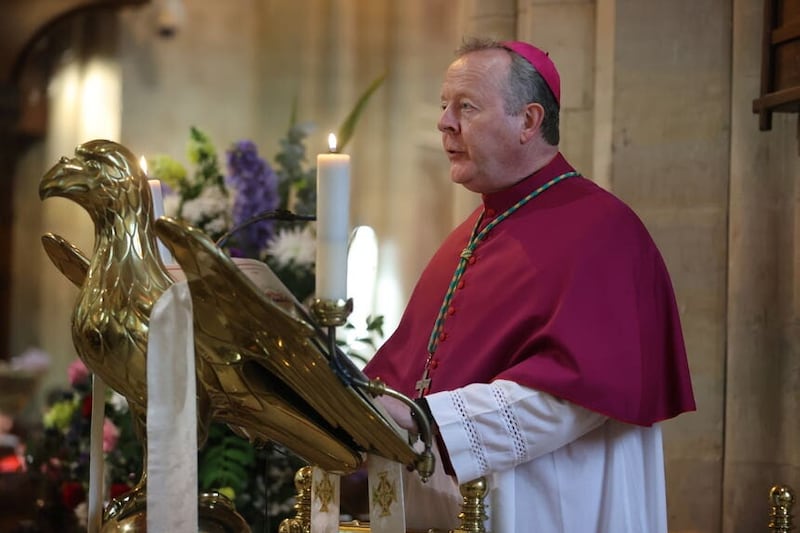THIS year's state papers reveal attempts by the British government to probe disparities in employment and education between the Catholic and Protestant communities in the last years of the Troubles.
A confidential report, produced by officials in December 1989, showed how Catholics were more than two and a half times more likely to be unemployed than Protestants, experienced high levels of under-achievement in education and suffered greater levels of poverty and disadvantage.
The files also reveal attempts to address the problem by attracting more jobs to disadvantaged nationalist areas.
The Divided Society: Reducing Community Differentials was drafted by Ronnie Spence of the Stormont Central Secretariat and drew on findings of an inter-departmental group examining "the underlying problems in Northern Ireland society".
Mr Spence informed ministers and officials: "Northern Ireland is a deeply divided society. From that division flows the violence and the political instability."
He added that even if the violence ended and a settlement was found, "the fundamental divisions would remain and threaten progress on both the political and security fronts."
Mr Spence said in spite of British efforts over the past 20 years and special initiatives such as 'Making Belfast Work’, progress in tackling the hard issues remained very difficult.
The socio-economic profile of the two communities (which broke down as 60/40) showed that Catholics were significantly less likely than Protestants to have professional or managerial posts and were over-represented in the manual sector.
The most recent figures showed the overall unemployment rate at 27 per cent for Catholics and 12 per cent for Protestants.
"The greatest differential existed between the male unemployment rates with 36 per cent of RC males unemployed as compared with 14 per cent of Protestants."
Differentials also affected education with more working-class Catholic pupils leaving school without any qualifications and fewer Catholics pursuing sciences.
Turning to the vexed issue of housing, Mr Spence noted that the Catholic level of overcrowding was three times that for Protestants while in areas identified as being “severely disadvantaged in EC terms”, there was a significant concentration of Catholics.
The official warned against any expectation that the new Fair Employment Act (1989) would impact dramatically on the number of Catholics unemployed, due to reasons including demographic factors and "the mismatch between where RCs tended to live and where jobs are located".
The memo drew a response from Sir Ken Bloomfield, head of the civil service, who noted: "Government faces a major challenge. If it does nothing, community differentials and disparities persist and they even widen", while a major programme involving reverse or positive discrimination in favour of the Catholic community would, even if legally possible, "anger the Protestant side and simply deepen community divisions".
The way forward, he argued, required a programme of "affirmative action to address inequalities" based on criteria of objective need. This might require an addition to the Northern Ireland block grant.
However, at a meeting of officials with the Industrial Development Board on February 2 1990, the IDB warned that it would be counter-productive to invest in "high risk projects which proved to be unviable".
In a further memo to officials later that month, Pat Carvill of the Department of Finance and Personnel warned that a proposed bid to the Treasury for an additional £100 million for special "affirmative action" programmes would be rejected and would raise the thorny issue of "a Treasury raid on the block grant".








